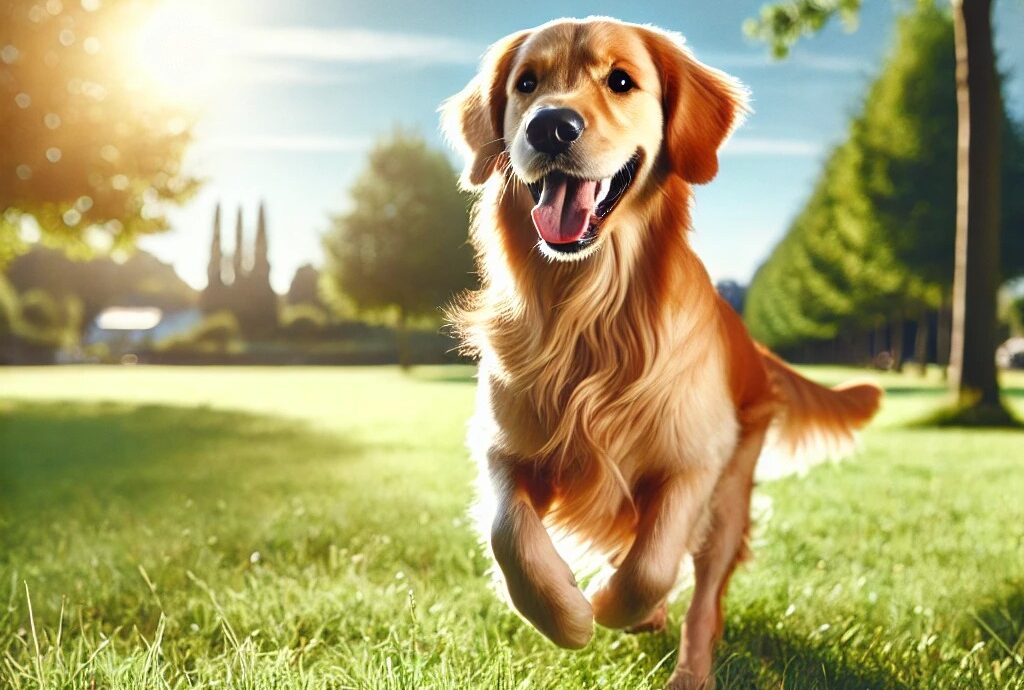- by dogtumor
- juillet 8, 2024
Unmasking the Cause: Can Canine Cancer Lead to Loose Teeth?

Cancer in dogs is a multifaceted disease that can affect various parts of the body, including the oral cavity. Understanding the potential link between canine cancer and loose teeth is crucial for pet owners seeking to provide the best care for their furry companions. This article delves into how cancer can impact a dog’s dental health, the symptoms to watch for, and the steps you can take to ensure your dog’s well-being.
Understanding Canine Oral Cancer
Canine oral cancer is one of the more common cancers in dogs, accounting for a significant number of cases. Types of oral cancer in dogs include malignant melanoma, squamous cell carcinoma, and fibrosarcoma. These cancers can develop in various parts of the mouth, including the gums, tongue, and palate, and can lead to serious dental issues.
How Cancer Affects Dental Health
- Tumor Growth: Tumors in the oral cavity can cause direct damage to the structures that support the teeth. As the tumor grows, it can invade the gums, jawbone, and surrounding tissues, leading to tooth instability and eventual tooth loss.
- Inflammation and Infection: Cancerous growths can cause chronic inflammation and make the oral environment more susceptible to infections. These infections can weaken the gums and jawbone, contributing to loose teeth.
- Bone Destruction: Certain types of cancer, such as osteosarcoma, can affect the jawbone directly. This cancerous bone destruction compromises the integrity of the jaw, resulting in loose or displaced teeth.
Symptoms of Oral Cancer in Dogs
- Bad Breath: Persistent bad breath that does not improve with regular dental care can be a sign of oral cancer.
- Difficulty Eating: Dogs with oral cancer may have trouble chewing or swallowing due to pain or obstruction caused by the tumor.
- Visible Masses: Growths or lumps in the mouth, which may be red or ulcerated.
- Bleeding: Unexplained bleeding from the mouth or gums.
- Loose Teeth: Teeth that become loose or fall out without an apparent cause, such as trauma or periodontal disease.
Diagnosing Oral Cancer
If you notice any of the above symptoms, it is essential to seek veterinary care promptly. Diagnosis typically involves:
- Physical Examination: A thorough oral examination to identify any abnormal growths or signs of disease.
- Imaging: X-rays or CT scans to assess the extent of the tumor and its impact on the surrounding structures.
- Biopsy: Taking a tissue sample from the growth to determine the type of cancer and guide treatment decisions.
Treatment Options
Treatment for oral cancer in dogs depends on the type and stage of the cancer. Options may include:
- Surgery: Removal of the tumor and any affected tissues. In some cases, this may involve partial removal of the jawbone.
- Radiation Therapy: Targeted radiation to destroy cancer cells and shrink tumors.
- Chemotherapy: Use of anti-cancer drugs to kill cancer cells or slow their growth.
- Supportive Care: Pain management, nutritional support, and maintaining oral hygiene to improve quality of life.
Preventing Dental Issues in Dogs with Cancer
- Regular Check-Ups: Regular veterinary visits to monitor your dog’s oral health and catch any issues early.
- Good Oral Hygiene: Brushing your dog’s teeth regularly and providing dental chews to maintain oral hygiene.
- Healthy Diet: Feeding a balanced diet to support overall health and strengthen the immune system.
While canine cancer can indeed lead to loose teeth, early detection and comprehensive care can help manage this condition and improve your dog’s quality of life. By staying vigilant and working closely with your veterinarian, you can ensure that your furry friend receives the best possible care during their cancer journey.

